Search
Search Results

Definition
Roman Law
Roman laws covered all facets of daily life. They were concerned with crime and punishment, land and property ownership, commerce, the maritime and agricultural industries, citizenship, sexuality and prostitution, slavery and manumission...

Definition
Draco's Law Code
Draco was an aristocrat who in 7th century BCE Athens was handed the task of composing a new body of laws. We have no particular clues concerning his life and general biography and the only certainty is that, as an aristocrat and an educated...
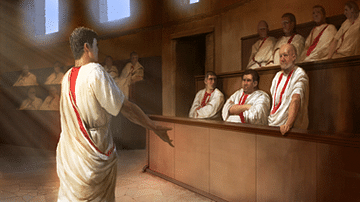
Definition
Twelve Tables
The Twelve Tables (aka Law of the Twelve Tables) was a set of laws inscribed on 12 bronze tablets created in ancient Rome in 451 and 450 BCE. They were the beginning of a new approach to laws which were now passed by government and written...
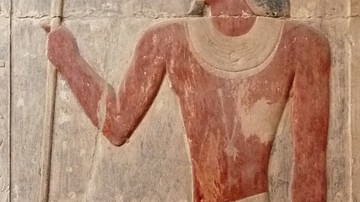
Definition
Ancient Egyptian Law
Ancient Egyptian culture flourished through adherence to tradition and their legal system followed this same paradigm. Basic laws and legal proscriptions were in place in Egypt as early as the Predynastic Period (c. 6000- c. 3150 BCE) and...
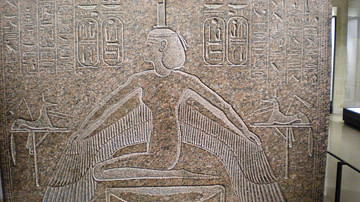
Article
Balance & the Law in Ancient Egypt
Egyptian law was based on the central cultural value of ma'at (harmony and balance) which was the foundation for the entire civilization. Ma'at was established at the beginning of time by the gods when the earth and universe were formed...
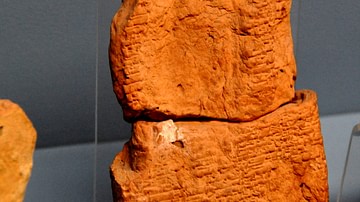
Definition
Code of Ur-Nammu
The Code of Ur-Nammu (c. 2100-2050 BCE) is the oldest extant law code in the world. It was written by the Sumerian king Ur-Nammu (r. 2047-2030 BCE) or his son Shulgi of Ur (r. 2029-1982 BCE) centuries before the famous Code of Hammurabi was...
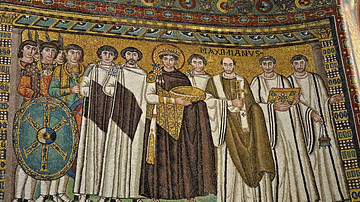
Definition
Corpus Juris Civilis
The Justinian Code or Corpus Juris Civilis (Corpus of Civil Law) was a major reform of Byzantine law created by Emperor Justinian I (r. 527-565 CE) in 528-9 CE. Aiming to clarify and update the old Roman laws, eradicate inconsistencies and...

Definition
Code of Hammurabi
The Code of Hammurabi was a set of 282 laws inscribed in stone by the Babylonian king Hammurabi (r. 1795-1750 BCE) who conquered and then ruled ancient Mesopotamia. Although his law code was not the first, it was the most clearly defined...

Definition
Medieval Icelandic Government
Early medieval Icelandic government, or Viking Iceland, has been termed an incipient form of democracy or democratic parliamentarism, however, the system was actually nothing like its European counterparts, be they medieval or contemporary...
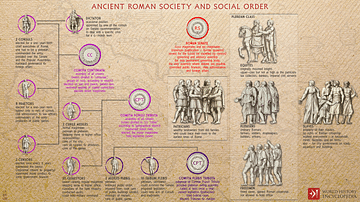
Definition
Roman Constitution
Roman constitution was an accumulation of laws, legal decisions, and ancient customs. While today 'constitution' usually refers to a single act of legislation, this was not the case in ancient Rome. Instead, Roman government relied on the...